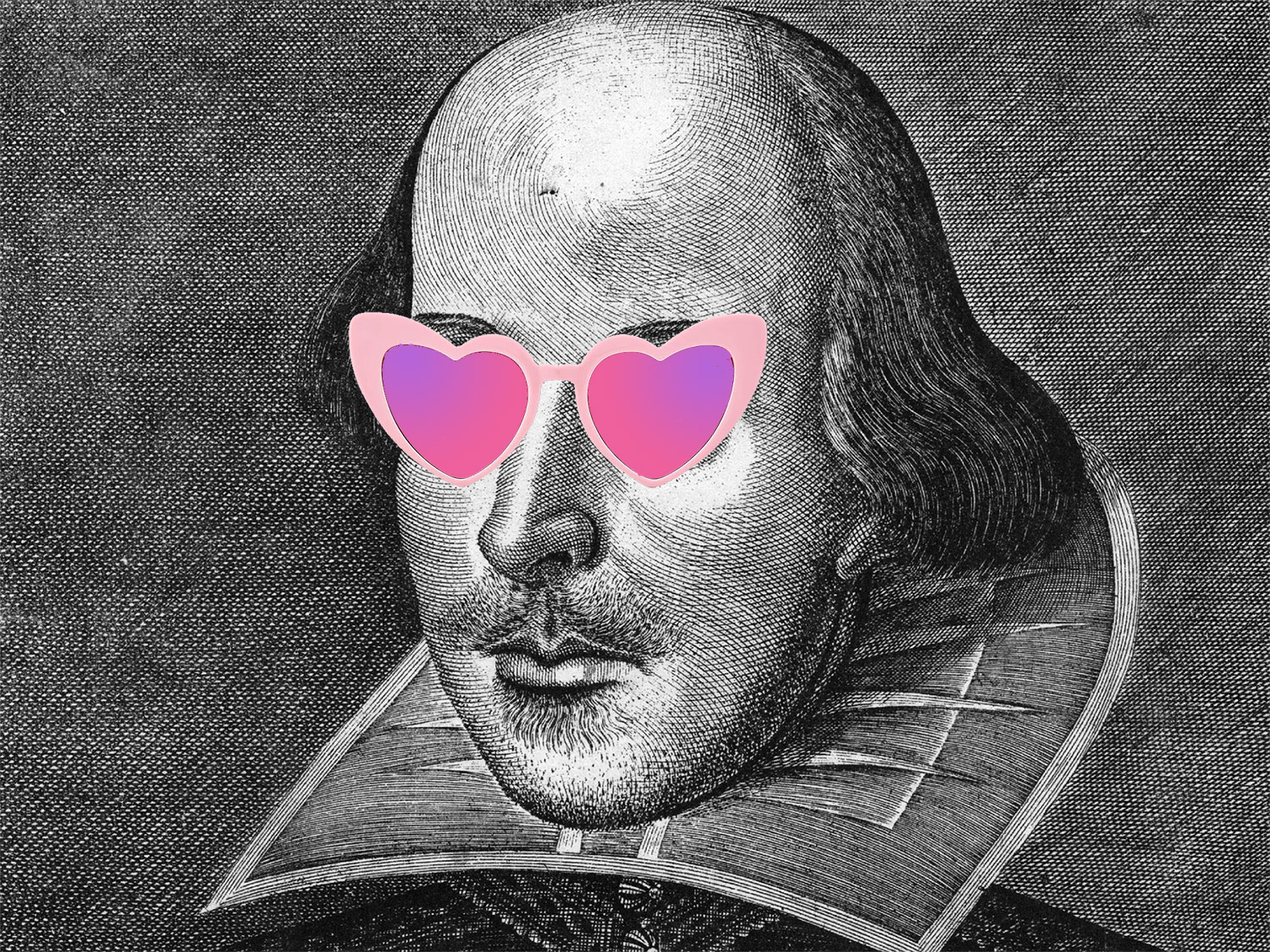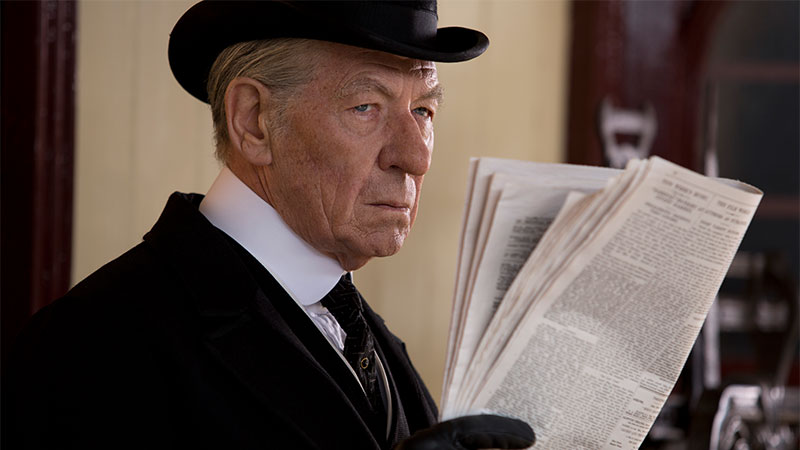The pervading spirit of William Shakespeare—the distinguished lexicon, dramatic plots, timeless themes, and vibrant characters—has survived centuries. His works largely remain unrivaled and have maintained their allure and relevance throughout time. A significant part of this outlasting endurance can be attributed to Shakespearean actors. These talented performers have not only kept Shakespeare’s spirit alive but have reinvented it, time and again, ensuring that the legacy of ‘The Bard‘ continues to echo across screens around the globe.
Shakespearean actors are a unique breed. They have a gift for deciphering and successfully interpreting complex, archaic language, endowing it with a new lease of life. The characters they embody, from the tragicomic Falstaff to the fiercely independent and tragic Hamlet, are brought to life with a fresh dynamic ardor, making them relatable to modern audiences.
The digital age has seen the rise of many actors who have seamlessly embraced the challenges and rewards of Shakespearean acting. Think of Sir Ian McKellen’s riveting portrayal of Macbeth or Kenneth Branagh’s uncanny ability to breathe life into multiple Shakespearean roles, both on stage and on screen. Dame Judi Dench also stands as an inspiring figure, having performed in numerous Shakespearean productions with her most celebrated role being Lady Macbeth.
One of the essential elements for performing Shakespeare is understanding and executing the rhythm and nuances that come with his iambic pentameter. This mastery over language allows the actor to unlock the emotional depths of the characters, bridging the gap between the words and their meaning. Notable actors like Laurence Olivier, whose rendition of Richard III remains a benchmark, have captivated audiences with their command of words and the magic that flows from it.
With the elevation of cinema and television, Shakespeare’s works have been minute transformations, adapted to appeal to contemporary audiences. Luhrmann’s Romeo + Juliet, set against the backdrop of a modern city-state but using the original dialogue, resounded with the younger audience worldwide. This mirror of the classic play maintains its tale of love thwarted by feud but gives it a unique twist as portrayed by Leonardo DiCaprio and Claire Danes.
Shakespearean actors have stretched their boundaries in bringing these timeless tales to global audiences through modern media. Adapting the delivery of lines to achieve a comprehensive cadence, learning how to elevate the text to the levels of spoken English today without losing the essence of the original work has been a herculean task performed exquisitely by actors around the world.
The enchanting Helen Mirren as Prospera in The Tempest or the charismatic Patrick Stewart in Hamlet – these performers have taken on varied roles while staying true to the essence of Shakespeare’s creations. Their performances have amazed audiences, garnering appreciation for their individual talent and enchanting screen presence.
Moreover, actors equipped with the wisdom of performance in Shakespearean plays become more versatile even in non-Shakespearean roles. This is because Shakespeare’s work demands everything from an actor: profound emotions, rich vocal and physical expression, and, most importantly, the ability to transform seemingly obscure text into clearly understood dialogue.
Shakespearean actors act as a bridge between the relatively modern world and the golden Elizabethan era. They are vital dependencies that make Shakespearean plays accessible and enjoyable to audiences of today. They are the vehicle that elevates Shakespeare’s works from mere text into universal narratives, transcending geographic and linguistic barriers.
Ultimately, Shakespeare is omnipresent — in our theatres, schools, libraries, and of course, the silver screen. And it is the actors who make all the difference, conjuring the characters that he wrote about hundreds of years ago and keeping audiences engrossed even today.
Understanding, interpreting, and performing Shakespeare is not an easy feat. Yet, from Laurence Olivier to Judi Dench, Benedict Cumberbatch to Nicole Kidman, these actors prove time and again that it is indeed possible. It is through their riveting performances that the Bard remains vibrant, continuing to resonate within the hearts of millions and throughout the annals of time. The silver screen, therefore, stands as a testament to the immortality of Shakespeare, personified and brought to life by these talented Shakespearean actors.




